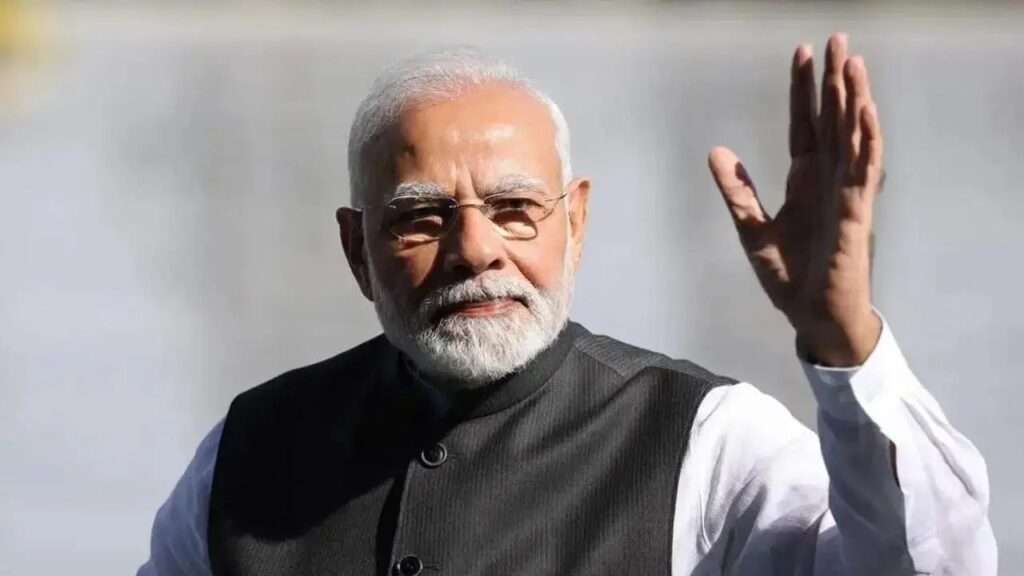The International Monetary Fund’s latest assessment has cast a somber shadow over the 2025 G20 Summit in South Africa, warning that medium-term growth among G20 economies is set to fall to its weakest levels since the 2009 global financial crisis. According to the IMF, G20 nations are expected to expand at only 2.9% by 2030, dragged down by slowing productivity, rising protectionism, demographic pressures in advanced economies, and strained public finances. Advanced economies may grow at barely 1.4%, while emerging markets, including India, could reach around 3.9%, reflecting a widening structural divergence.
As world leaders gather in Johannesburg, this bleak outlook is expected to dominate deliberations. Prime Minister Narendra Modi, who arrived in South Africa to attend the summit, is likely to emphasise India’s role as a resilient growth engine amid global turbulence. India is projected to remain among the fastest-growing major economies, offering a counter-narrative to the sluggish global trajectory. With South Africa highlighting inclusion, development finance, and Global South cooperation, the IMF warning reinforces the urgency of coordinated action on debt sustainability, fair trade frameworks, and investment-led growth.
For India, the growth slowdown poses both strategic risks and diplomatic opportunities. While weak global demand may affect exports and capital inflows, the summit provides Modi a platform to advocate structural reforms, digital-economy cooperation, and resilient supply chains. Against the backdrop of the IMF’s grim forecasts, Johannesburg becomes a critical venue for charting a collective recovery path.

